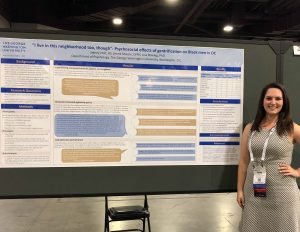The Georgetown Undergraduate Research Conference (URC) Student Planning Committee would like to invite students from Georgetown University and from nearby universities to present their health-related scientific research at this year’s URC. URC is a day of student poster sessions and presentations from students and an esteemed keynote speaker, aiming to highlight the health science-related research efforts of undergraduate students. This year will mark the 16th year of the Georgetown URC and will be held on April 18th, 2018 at Georgetown University in the Healey Family Student Center.
We would greatly appreciate if you would forward this email to any faculty and/or students who may be interested in presenting or attending.
The tentative conference agenda is as follows:
Wednesday 4/18/18:
- 10:00a-11:30a: Student Poster Session 1
- 12:00p: Keynote Address by Maria Jasin, PhD (Memorial Sloan Kettering Cancer Center) and lunch for conference participants
- 1:30p-3:00p: Student Poster Session 2
- 3:30p: Student Oral Presentations, Awards Ceremony
Applying:
The application and additional information for this year’s conference can be found at:
IMPORTANT DEADLINES
Abstract and Application submission deadline: March 19th @ 11:59pm
Poster submission deadline: April 4th @ 11:59pm
All posters will be printed by the URC Student Planning Committee at the School of Nursing and Health Studies. There is no fee for applying, registering, or printing.
If you have any questions, comments, or concerns, please email nhsurc@georgetown.edu. Thank you.
Sincerely,
Niritta Patel
Georgetown Undergraduate Research Conference Planning Committee


